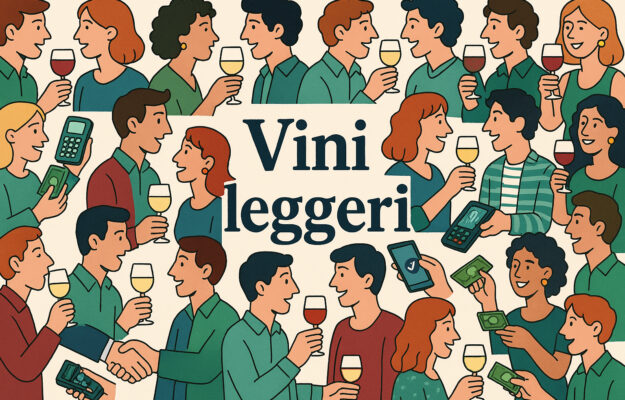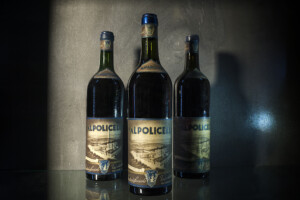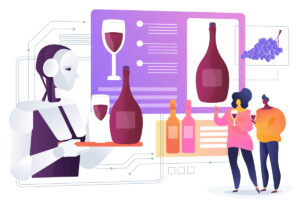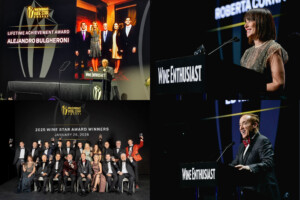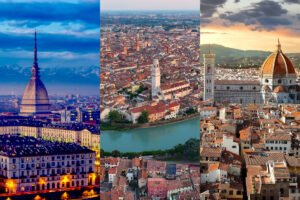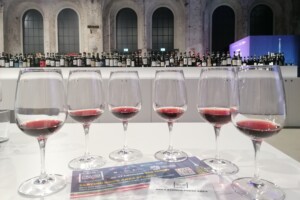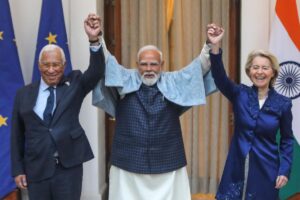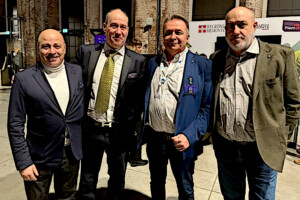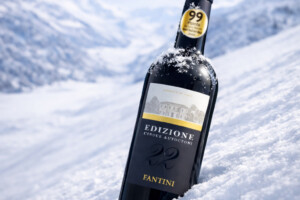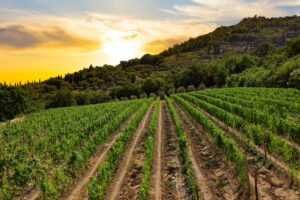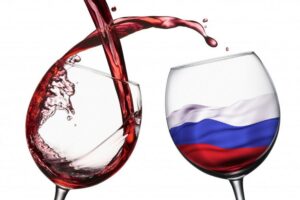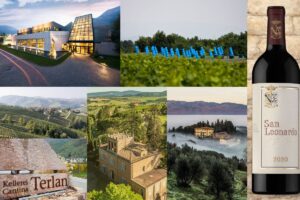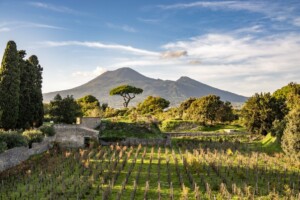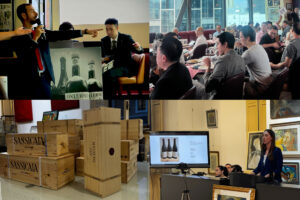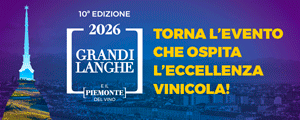“To be or not to be” was the existential dilemma proclaimed by Hamlet in William Shakespeare’s play. And now, more prosaically speaking, “to change or to wait” is the question facing the wine world, which, like many other products, finds itself confronted with a society and a global scenario evolving at unprecedented speed. In a phase where, despite many doubts, the pursuit of “lightness” is becoming increasingly evident when it comes to wine. In terms of alcohol content, certainly, but also in terms of price, approach, and language. As it emerges, among other things, from the reflection of professor Gianni Moriani, historian of Italian cuisine and agricultural landscapes, with whom WineNews often discusses about various topics, according to whom, “we have entered the era of light wines”.
“The global wine sector is facing a deep crisis - writes Moriani - driven by a combination of factors: the steady decline in consumption, challenges related to climate change, growing health concerns, trade tariffs, and economic instability. In front of this situation, the industry is questioning how to react: wait for a reversal of trends or radically change its approach? According to Eric Asimov, esteemed critic for “The New York Times”, the complexity of the situation derives also from society fragmentation. There are two main consumer categories: a majority indifferent to the origin or quality of wine, attracted only by pleasant and affordable alcoholic beverages, and a passionate minority willing to spend more on premium wines. In between, many nuances, but the general trend is toward drinking less and better.
But, in his reflection, Moriani underlines that “production also mirrors this dichotomy. On the one hand, large, well-funded multinational companies resilient to crises; on the other hand, thousands of small family-run businesses which, though more vulnerable, represent the cultural and innovative soul of wine like dialects in language. Over recent decades, these small producers have been the ones to uphold and revive the agricultural and handmade identity of wine, resisting industrial standardization. The crisis is felt most acutely in the lower end of the market. Wines with no character or cultural roots, sold for a few euros, are in sharp decline. On the contrary, quality wines are holding up better, though not immune to difficulties: climate change, with fires, hailstorms, and frosts, hits vineyards hard, and small producers struggle to survive. On this already challenging terrain, tariffs have now landed, hindering exports, which are vital for Italian wine. How can the sector react? Asimov proposes some concrete solutions. First, simplify the offering: today, more wine is produced than consumed, and reducing yields could help maintain sustainability and quality. Then, lower prices: wine has become too expensive for younger generations. There is a need for an accessible range of wines, under 10 euros retail, without compromising on quality or environmental commitment. Some producers have already taken this path”.
But that is not enough, Moriani underlines, because there is another fundamental aspect. “Finally, eliminate snobbery: many avoid wine - writes the professor - because they perceive it as an elitist world, difficult to understand. Wine, historically a tool of conviviality, has been distorted and turned into an end in itself, aided by aberrant marketing that created the so-called “wine bubble”, inflated with clouds of improbable aromas and a heap of empty words. The most absurd invention? The so-called “meditation wines”: structured and highly alcoholic wines that, rather than aiding meditation, send you off the rails, and if you dare to drive, possibly off the road”. Instead, the sector should focus less on forced education and more on the pleasure, emotion, and conviviality that wine can offer. The best wine bars today attract young people precisely because they offer relaxed and inclusive experiences, free from cultural intimidation. “Producers must acknowledge that we have entered the era of “light wines”, in every sense. “The future of wine won’t depend on large-scale marketing strategies, but on its ability to remain relevant, accessible, and authentic. If it can enhance its strengths - the connection to the land, the joy of sharing, and handmade quality - it can continue to hold an important place in conviviality”.
Copyright © 2000/2026
Contatti: info@winenews.it
Seguici anche su Twitter: @WineNewsIt
Seguici anche su Facebook: @winenewsit
Questo articolo è tratto dall'archivio di WineNews - Tutti i diritti riservati - Copyright © 2000/2026










